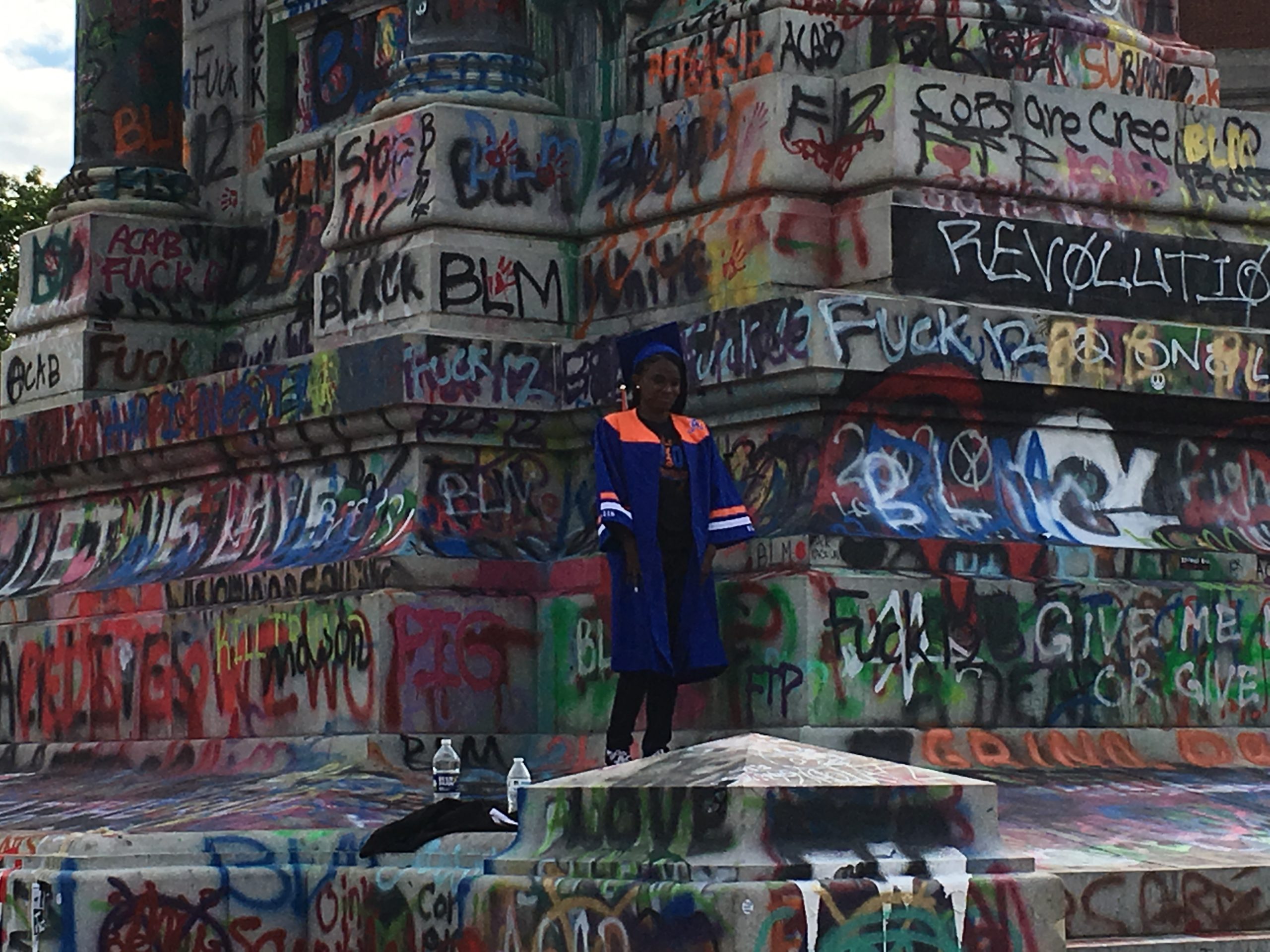
There is no longer a Robert E. Lee statue in Richmond, for all intents and purposes. Writing as a native Richmonder, the true Lee statue – the myth the masters implanted deep in our minds to control the population – has met its inevitable resting place in the ashcan of history.
Taking it down is not everything, but it is much more than ‘only a statue.’ This was the most prominent Confederate monument in the world and thus the foremost symbol of American racism. The fetishized rust in the sterile grass that propagandist and high school namesake Douglas Freeman saluted each morning is gone. In its place the Richmonders in this article feel something rarely felt in the city’s history: freedom. For the first time, the former Lee Circle is beautiful and alive.
*****
“I feel good because of the energy in the mix. It’s like a heavenly presence that’s protecting us. I feel good because I know why I’m here. I’ve been waiting for a long time for this time.”
von sante

“The main reason I’m here is a little bit more than just the monument. The monument is just a grain of salt compared to the whole scale. We are here fighting for our rights back. We want them to open that vault in Vatican City. When it comes down to the truth of the matter, every African American should be able to access this vault whether they have felonies or not, whether they’re in prison or not, whether they’re on death row or not, because it is our history. It is the reason why these statues stand and why they still stand. Because the information and the knowledge they have stolen from our ancestors they can’t read. They’ve been holding that from us for too long. They don’t have the right to know it, but they feel as if they have the right to keep it, but they don’t, and these wars are going to continue until they give it back. I’m just a firm believer in the fact that things are going to remain the same until they open up the vault, and that’s when it will change. All these protests, all of these things about rights, constitutional rights, freedom from being harmed, is because we have no defense, and our defense is our history. It’s not an entitlement or a right. It is ours. And they need to give it back.”
“I feel good because of the energy in the mix. It’s like a heavenly presence that’s protecting us. I feel good because I know why I’m here. I’ve been waiting for a long time for this time.”
“I think that all of these monuments should be taken down and what should be resurrected in its place in the truth. Statues of our truth that they have in museums that they’re going to put these in. Put ours up.”
“You can check my music out which describes a lot of these things. I make very passionate, spiritual music. There’s no cursing, no exploiting of women or any of those things in my music. Same name: Von Sante. Youtube, SoundCloud, Facebook, Instagram, check it out.”
Jasmine Kelly: “Tuko Pimoja is our business. It means ‘we’re together’ in Swahili. We’re just a hydration station with snacks, a chance to make your own sign. We purchase everything so that it’s clean. The first time we came out here the KKK left water with laxatives and bleach and we all got sick, including me personally. So everything we purchase on our own but we do want to make sure that we have donations coming in so whenever you come out to experience, you don’t have to bring so much stuff from home, we already have it for you.”
*****
“I didn’t think they’d do what they did to me, but that’s how bad it is.”
alice

“I’ve been out pretty much every night. What affected me most was Monday night. We were walking and we didn’t even get halfway through the parking lot before they started throwing grenades and gas. It was green, and it was brown, and it was white, and I have no idea what it was. I had made the decision because the night before we had all fallen back from the gas and that was working. So I got really good gear, I got goggles – which is absurd that I have to have military-grade stuff – and I made the decision that I wasn’t going to move. So I went up and a couple other people did the same. One of the people next to me got shot with a rubber bullet. I sat there and I was on my knees and I had my hands up and I was crying. I said, ‘I’m not approaching you. Please don’t gas me. I’m not coming towards you. Please don’t gas me. I’m not approaching you. I’m nonviolent, please don’t shoot.’ And a cop, one of them pointed a really big gun at me, but he didn’t shoot. I really thought he was going to. Then they threw one of the grenade flash bombs that landed a couple feet away from me. It was fine, though, I didn’t get burnt. And then a cop charged from at least 25 feet away once I was alone so there was no video footage. I couldn’t really see what was going on around me. He came up and he dragged me off my knees and pulled me towards him then threw me down on the ground with his full body weight. So I skidded and went backwards and hit my head on the concrete really hard. I had a moderate concussion. It still kind of hurts. I had to go to the hospital. I just sat back up and thought, if I’m going to leave, it’s going to be now, then I thought, I’m already here. I’m not going anywhere. I watched them beat a black kid the night before. Someone is going to get hurt. I’m not really at risk. I’m a white woman. They wouldn’t do that to me. I didn’t think they’d do what they did to me, but that’s how bad it is. I’ve never seen anything like this. So they came up and then he detained me, put cuffs on me, walked me in the station. The cops were eating pizza and laughing. One of them complained about the gas. Eventually once I was released they decided not to charge me because the story sounded kind of bad, what he had done. So I left, I walked out, I almost passed out, I couldn’t really walk, so I walked up to these girls next to me and said, ‘Could you help me?’ then I found a really awesome street medic and she helped me more than the ambulance had. It was hard because I couldn’t physically get out of the city. When I left there was a guy in front of the crowd negotiating with the cops with a bullhorn trying to have a conversation. Later in the night, it got worse. Somebody got shot in the shoulder. You can die from those. It was really intense. A lot of my family members are really angry at me for participating, but for the first time, it’s working, it’s really working. What am I supposed to do? Stay home? If I’m not there, someone is putting their body on the line. People will get beat. People shouldn’t have to be out there doing that. I’m really proud of my city, and I’m really, really disappointed in our Mayor, and our police force, and our government. But I’ve seen a hundred times more love than I’ve seen pain and anger. It’s been a lot.”
“I’m sorry, too. I’m sorry this is how it is. I’m sorry it takes this much, that people have to get literally murdered. It’s so easy to just stand there, like the night before we were just standing in front of the police barricades for six or seven hours just standing there when they arrested the organizer. If that’s all we have to do is have our feet hurt… people shouldn’t have to be out there working sixty hour weeks to get justice for their lives. The fact that that’s what it takes to protest… It’s so easy to do and all we have to do is show up. We just need people to show up. You don’t have to be on the front lines, you don’t have to be gassed, but with more bodies, they have to listen, and they are listening. It is working. If you need a barricade, a fortress, around your police station to protect you from your own people, the movement is working. I’m really proud of us. Our whole city’s going through this.”
“They did it in an alley on Monday, and on Sunday, too, because nobody’s there and the media couldn’t get in. The coverage on Sunday was, ‘Protesters Target Police:’ no one touched them but I watched them beat a kid. And that said more to me than any opinion ever could. At night is when they bring out force because they think that no one is watching.”
“So we’re bringing these systems down now. It’s kind of a beautiful time because we’re now making the decision about, What are we going to build in their place? None of these things are things that I’ve said, they’ve what organizers have said, and people of color leading the movement. It’s just really beautiful to see this kind of collective decision making. I kind of felt like the French Revolution the other night, to be honest. It’s traumatic, but sometimes that’s what it takes to create change. We live in interesting times. It’s a beautiful time to be alive.”
*****
“So they look at is as defacing a statue; I see it as art. I see it as history being made.”
demorrise wyatt

“We’ve basically just been doing this because we heard that at first people were coming out here and giving out contaminated water, people were injecting waters with bleach, so we started doing this so people can have safe food and water while they come out here and protest.”
“We’re out here to stand up against police brutality. Right now we’re at this monument because obviously we feel like it should be taken down. We feel that this statue symbolizes a lot of racism and it shouldn’t be here. Right now we’re basically standing up for not just police brutality, not just the Black Lives Matter movement, but we’re standing up for power, and when I say power, we want to have that seat at the table. We want our voices to be heard.”
“Actually, the bottom half where it’s spray painted at, it makes me proud. It makes me proud because people realize what this statue symbolizes and they came out here and they defaced it. The next step I’d like to see is for this man on this horse come down. Frankly, you can leave the bottom half where all the spray paint is because this is history. This statue has been here for a lot of years, but before, it wasn’t this attractive. Not this many people stopped here to view this statue until it was defaced. So they look at is as defacing a statue; I see it as art. I see it as history being made.”
“It makes you feel free. It makes you feel like you can come out here and be yourself. It makes you feel comfortable. This is what being free is: being able to congregate, being able to be around whoever you want to be around, not be segregated. That’s what this statue is giving.”
*****
“That’s why I’m out here: for a bigger cause to make sure that my family, my young ones don’t have to endure the systematic oppression and systematic racism that we’ve been feeling for more than 400 years.”
brandon bowser
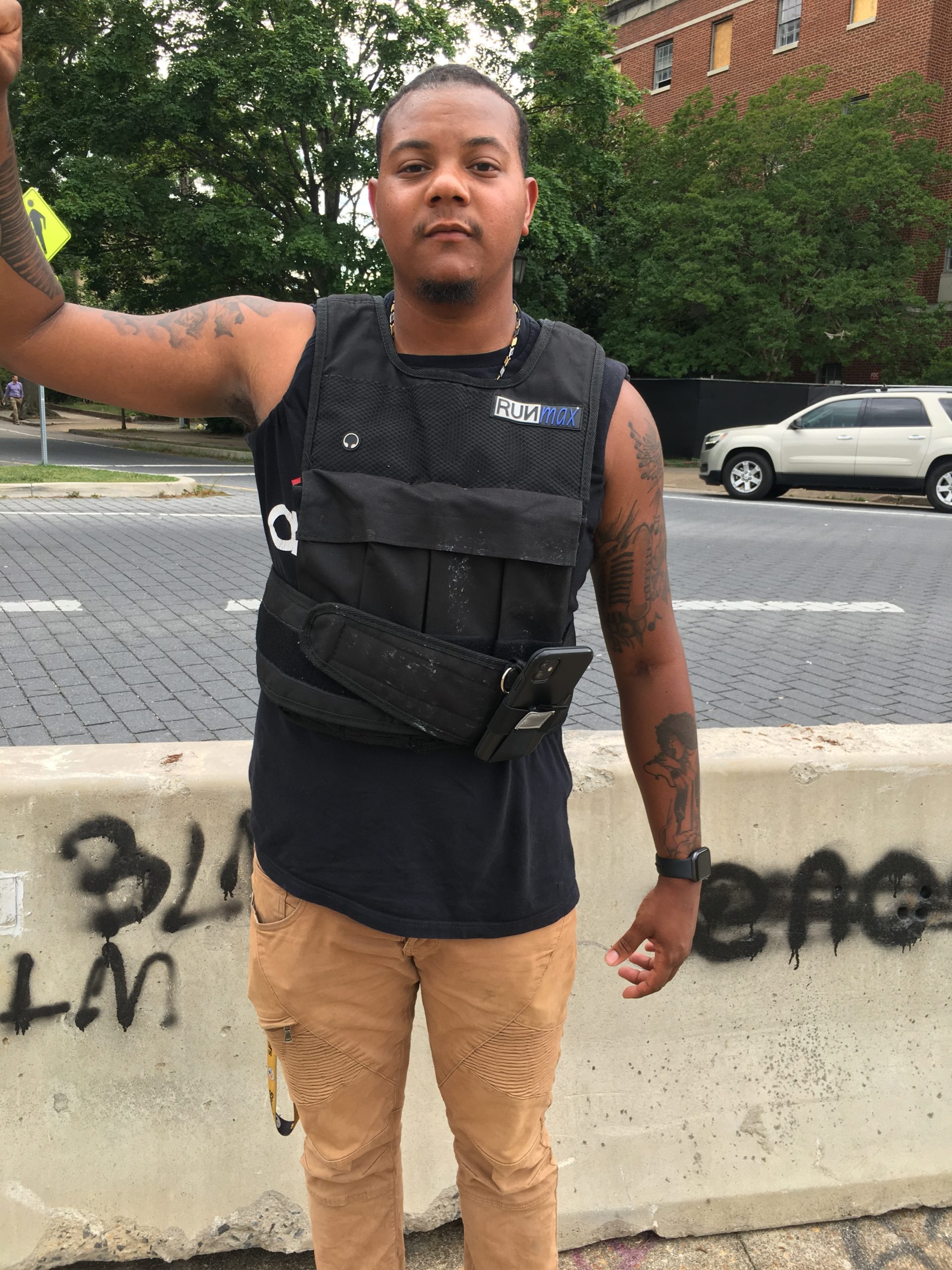
“Right now I work with organizations, and each organization is doing their own thing, but we’re contributing together to create one thing. As you see, we bring food out, we bring water, we bring snacks, we’re educating about mental health, and we’re educating about different things that affect the black community. I participate in that, and I participate in security and making sure that the protestors and observers and the young kids that come out here can feel safe and protected. It’s not a threat; it’s not a risk; it’s OK to be here and take part in history and learn and teach the next generation why we’re here so that hopefully one day they won’t have to be here. We’re giving them in real time what’s happening and why it’s happening so that we can prevent it from happening again. That’s why I’m out here: for a bigger cause to make sure that my family, my young ones don’t have to endure the systematic oppression and systematic racism that we’ve been feeling for more than 400 years.”
“I believe that this statue is not the finish line, it’s the start. I believe it’s not a sprint, it’s a marathon. It continues on from here. We continue to grow, we continue to educate, we continue to empower. We continue to uplift ourselves so that one day younger generations, black or white, Asian or Spanish – I’m biracial myself, so I have black and Spanish in me – to make sure that all races can be treated equally. To make sure LGBTQ can feel like their voices are heard, they are appreciated, they feel welcome, and they can live in a world where they’re not judged. Same with black lives and white lives, that one day we can come together and be able to be amongst each other in peace and in validation.”
“The mood, honestly, I feel, is tense. We have a lot of white supremacists. We have a lot of KKK members that come out here and try to antagonize people and make people fearful. So you have a lot of guys like me, I’ve been here since day one, week one. I’ve seen a lot of things since I’ve been out here. Personally, I’ve been shot at by white supremacists, I’ve been paintballed by white supremacists, I’ve seen police cars hit people on bicycles, I’ve seen white supremacists get in their trucks and I’ve seen them hit people with their cars. I’ve seen nooses hanging on the back of trucks. I’ve seen so much out here when it comes to racism. I’ve felt that, I’ve seen that. A lot of us who have been up here know what’s up. That’s why I have the vest on. We know what time it is and as it gets dark out here, white supremacists come out here and try to scare people. They do all kinds of things to prevent us from coming together and standing up for what we believe in.”
“It’s two different worlds. In the daytime, you can come out here, take pictures, smile and joke. At nighttime you’re gonna have to have a 9mm on you. I don’t mean to advocate violence, I’m talking about for protection-wise because things get real crazy. A lot of the things that I have endured have always happened at nighttime, it’s never happened in the daytime. I’ve never been shot at by white supremacists in the daytime. But at night, it gets real, real crazy. It changes when there are smaller crowds. At nighttime, people kind of go home, they try to get back to their families, but there are still a few people that want to linger around. White supremacists study that. They look, they take pictures, they watch, they observe, and they plan their attacks at nighttime when they know there are not too many people around here, we don’t have our defense guard up, everybody’s kind of chill and tired from being out here all day. And they take advantage of that. From daytime to nighttime, it’s two different worlds.”
“We actually have a huge security team. I’m just one of a major team. We have strong security at this statue. We have security at the Arthur Ashe statue. We have security everywhere. There’s eyes everywhere. Even when you don’t see people, there are people around making sure that these people can feel safe and feel comfortable. Because this is education, this is history. That was history, but this is history, too, whether we accept it or we neglect it. We’re protecting our history, we’re protecting our cause. We want a better world. What I want people to understand is it’s one thing to see this on TV, see this on social media. It’s another thing to be a part. It’s another thing to come out here and feel the energy, the unity, the togetherness. We’re all fighting the same battle. It’s not a black or a white thing, it’s a systematic thing, we’re out here to fight the system, not each other. When we understand what the system is and how the system has kept us in bondage and oppressed, white or black – because you still have white minorities, you have white people that are poor, too. When we learn and educate ourselves on the system, and how to beat the system, we won’t have to do things like this anymore.”
“I’m extremely hopeful. It just starts here. There’s so much work to be done, but even in the two weeks that we’ve been out here, we’ve already had major changes. The biggest change that we did was having the conversation. We’ve opened up a conversation and an awareness of how we feel. At first, we weren’t really telling people how we felt. But now they can visually see how they feel. So the Mayor knows, the Lieutenant Governor knows, the Chief of Police knows how we feel, and they know we will not tolerate injustice in our city. Whether white cops have been killing black minorities or not, it’s deeper than that. It’s about the system. It’s about weeding out the bad ones. So I’m extremely hopeful. That’s why we try to keep people safe, keep people motivated, and keep people empowered to keep this going. This is not a one week, two week, one month, two month thing. This is a whole year. This is every day. This has become a part of our life. So as long as it continues to be motivating and empowering towards the future, I think we’ll be all right. There will come a day where we can have a world we’re more comfortable in.”
*****
“If there’s anything that we can pray for you about, anything that’s on your mind…”
meghan hyde

“It’s a surprising shock. It’s pretty peaceful. There are a lot of different kinds of people out. I’m just glad that people are out here.”
“It feels kind of surreal, especially with everything going on with the pandemic. This seems like it came out of nowhere, so I’m just trying to process it and not form too many opinions just from being here. I’m just glad it’s peaceful.”
“People are being just very respectful to each other. It seems like a big memorial, so people are just being respectful. It’s kind of quiet even though we’re in the city. It’s just open, I guess.”
“It’s open to where – not like social distancing open – but open to where, you know, sometimes you can go places in the city, and people have something to say, people always have something to say, but so far we’re here, and no one’s voicing their opinion over a loud crowd. Everyone’s just in their element, it seems like. I’m just thankful for that, that we can come and be in our element, and just take everything in.”
“I love the graffiti. It adds a nice touch because it looks like art, but I don’t like the profanity. I have police officers in my family, and they all do a great job, and in my church. I would actually like to see the statue go. I don’t believe what the history books say about Lee and how he was great. Obviously that’s not the case. I would like to see all the statues go and not put in storage, but melted down and done away with. Or replace it, let that money go to public housing, I don’t know, just anything.”
“People have been in the pandemic for a while. Richmond is definitely an artist’s town so there are a lot of people out of work. The struggle is real right now. Take that, and people in their homes, angry, probably, and you add all of this extra… Police brutality has been around for a while. I’ve seen it, everybody’s seen it, whether people recognize it or not. With people being on social media and being super aware of everything, that kind of enhances things and makes people super vigilant right now. Maybe that supercharged things to actually make a little bit of progress.”
“I’m a Christian, and as a believer, we talk a lot about persecution. I think a lot of people think that Christians are overly optimistic, but I know personally that it comes with a lot of persecution. A lot of people don’t like Christians for whatever reason… If there’s anything that we can pray for you about, anything that’s on your mind, I’ll be circling around a couple more times taking this in.”
*****
“It feels like solidarity. It feels like true community. This is the first time I’ve made friends in a long time.”
elise

What brings you out here?
Emma: “A couple of local WTF (Woman Trans Femme) mechanics. There’s a lot of bikes at protests, bike marshals protecting the main protests, we wanted to be down here to fix up bikes for those people and anyone who walks by.”
“This is the first day of it, we just kind of had this random idea and we invited some of their mechanic friends to join in… It’s the least we can do.”
Sarah: “Seeing it officially named Marcus David Peters Circle would be nice.”
“This seems like one of the greatest reclamations of spaces that I’ve seen in the city. I used to live a block from here and you’d come down here and it would be people just every once in a while, I guess here for Confederate history. Now it’s people out here getting each other to vote, and giving out free drinks, and talking about the movement, and enjoying the space. You can see the grass. It’s never been used so much.”
Elise: “It feels like solidarity. It feels like true community. This is the first time I’ve made friends in a long time.”
*****
“I truly think it’s beautiful. It reminds me a little bit of the Berlin Wall.”
meghan mcintyre

“I was just out here today with my friend and we were going to hang out in front of the statue, but now he’s graffitiing, so he’s just going to do it on one of these things here. I’m in a few group chats and when they first put this out, someone in the group chat was like, ‘Even more walls to paint now!’ Of course, we’re pissed off about the barriers, because there are only little entrances and it’s pretty ableist. If you’re in a wheelchair, you can’t get up here, if you’re bigger, you can’t get up here, so we’re like, well, if they’re here, we’re going to make them ours.”
“I think it’s beautiful. I truly think it’s beautiful. It reminds me a little bit of the Berlin Wall. It’s just super colorful. I think it’s gorgeous, better than it was before.”
“I feel really comfortable. Ever since this whole thing happened, the community really came together. I call it the Autonomous Zone. Everybody’s just here supporting each other, giving out free food, free water, they’re fixing up people’s bikes for free. It’s super awesome and supportive out here.”
“At the very least I would take off the horse and the Lee thing. I think if you just leave it, I think that would be super cool. Like I was saying, it kind of reminds me of the Berlin Wall. Definitely take down the stuff that says Lee. Replace it with something. Or don’t. If you’re going to replace it with something, they renamed it Marcus-David Peters Circle, so maybe put something in remembrance of him.”
“It’s never been like this before. I never, ever used to see people out here on the Lee statue. This was deserted everyday. To see it like this is incredible.”
“I feel included. It’s a very inclusive environment. Definitely I cannot speak on behalf of any black person. I’m just out here trying to be an ally the best I can. I think this is definitely a place of community and getting together, just a place of happiness, you know?”
*****
James Branch Cabell wrote:
“The well-born Virginian of our era is not, and has never been, able to look forward. He has not even looked, with any large interest, at his current surroundings. For we were always taught to look backward, toward the glories of which we had been dispossessed at Appomattox.…The dream is the one true reality.”
Brent Tarter, founding editor of the Dictionary of Virginia Biography, found that “an unexamined reverence for [fake history] that Douglas Southall Freeman, Virginius Dabney, and others propagated in the twentieth century allowed a mythic version of the past to constrict the range of options that the state’s political leaders contemplated. That reverence, more importantly, either blinded them and the larger public to the undemocratic features of their government or allowed them to ignore or accept those features as if they were part of the inevitable natural order of things.”
Today and for the last weeks there are no rules, there are no leaders, there is no mental prison of the Virginia Way. The people of Richmond have formed a beacon of liberation, integration, creativity, and spirituality.
There will be a backlash and the plantation owners will try to make us forget. They will, as they always do, pay lip service to universal values while sociopathically hoarding blood money. Have they realized what has changed? Are they able to?
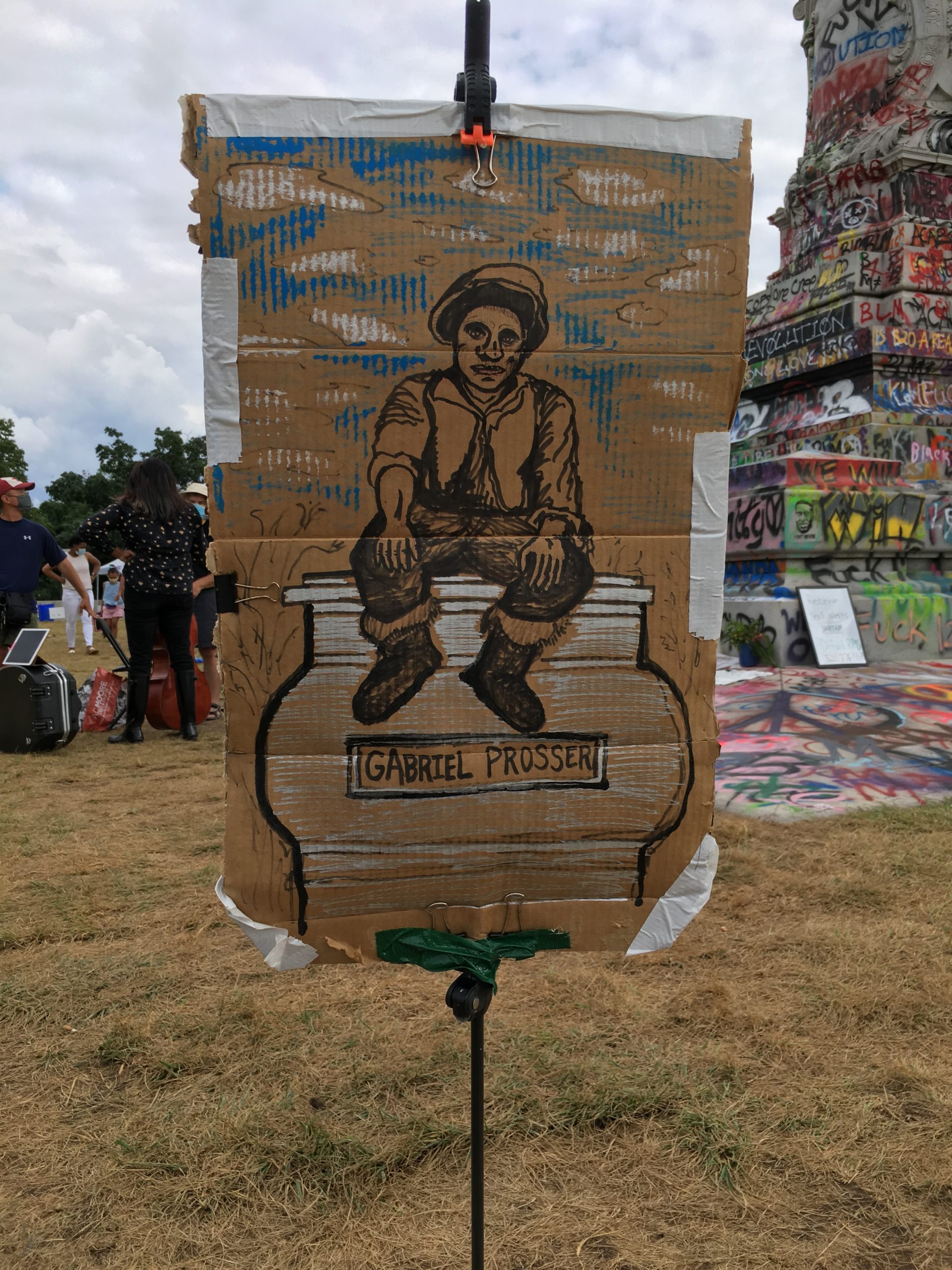


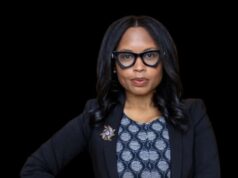
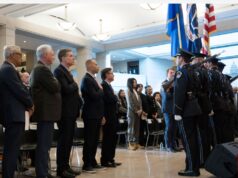
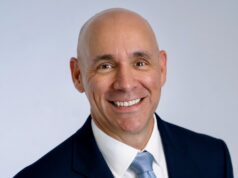




![[UPDATED 1/29/26] Audio: Sen. Tim Kaine Talks to Blue Virginia About His “Five-Point Plan” to Fight Trump’s Orban-Like Assault on US Democracy; Civil Disobedience a la MLK Jr.; Trump’s Bogus “Energy Emergency”; the Crucial Importance of the 2025 VA Elections; etc.](https://bluevirginia.us/wp-content/uploads/2025/02/kaineinterview2-100x75.jpg)

